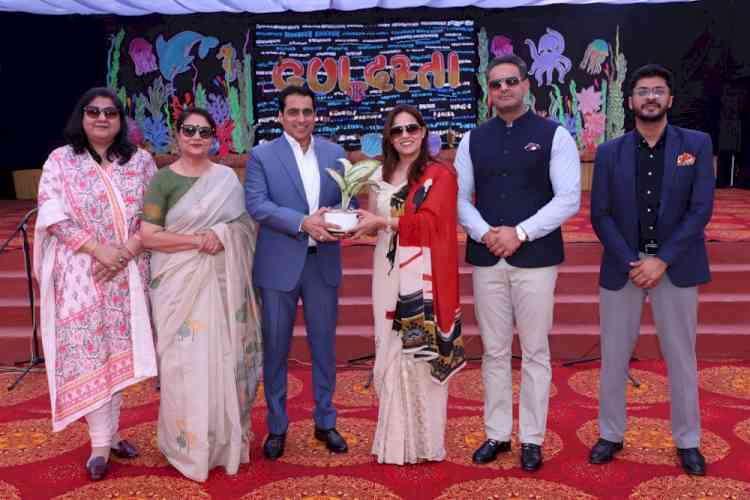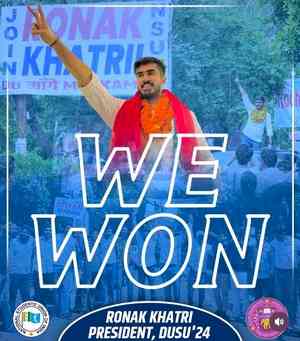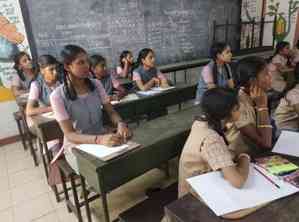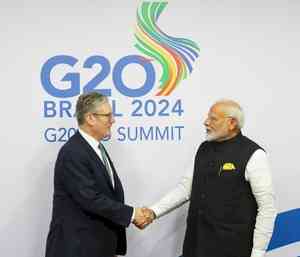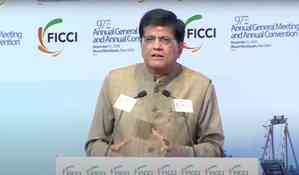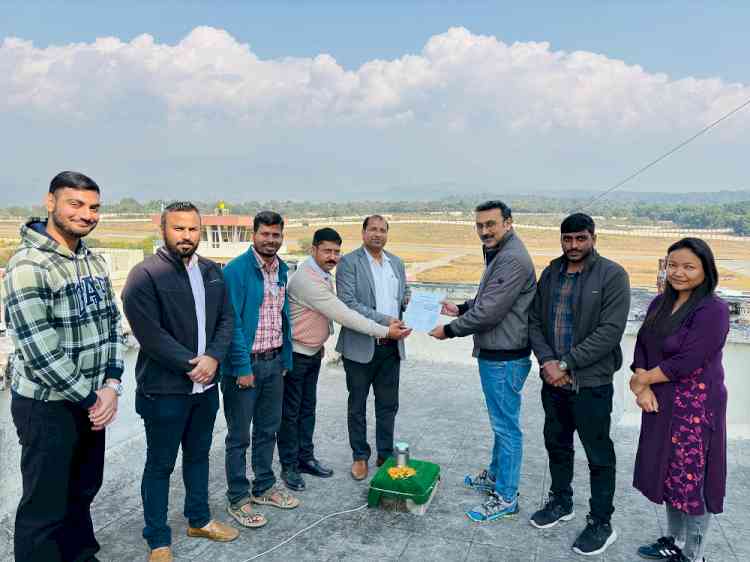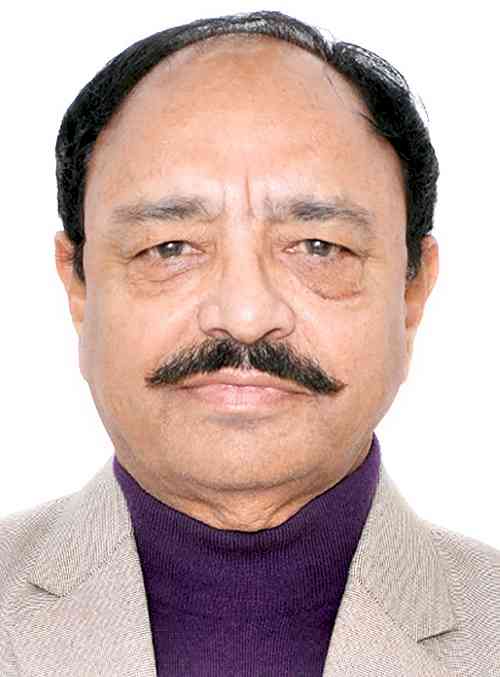Webinar on “The Indian Context of Social Exclusion: An Understanding and Challenges for Inclusion”
A One day Webinar was organized today by the Centre for the Study of Social Exclusion and Inclusive Policy (CSSEIP) Panjab University, Chandigarh on the Topic “The Indian Context of Social Exclusion: An Understanding and Challenges for Inclusion” under the Speaker Devinder Kaur, Assistant Prof. D.M. College Moga, Punjab.

Chandigarh, April 22, 2022: A One day Webinar was organized on 22-04-2022 by the Centre for the Study of Social Exclusion and Inclusive Policy (CSSEIP) Panjab University, Chandigarh on the Topic “The Indian Context of Social Exclusion: An Understanding and Challenges for Inclusion” under the Speaker Devinder Kaur, Assistant Prof. D.M. College Moga, Punjab. The Welcome address was done by Prof. Ashok Kumar, Director – CSSEIP & Professor in Hindi, Panjab University. The session was moderated by Dr. Kanchan Chandan, teaching faculty, CSSEIP, Panjab University.
The speaker discussed the historical aspects of social exclusion and the concept of social exclusion in detail. She defined social exclusion as a process through which individuals and groups are wholly or partially excluded from full participation in the society in which they live. She discussed various aspects of social exclusion which is denial to access, a denial of participate, and is a multidimensional process. In her lecture, she focused on six excluded sections of the Indian society such as Women, children, Scheduled Castes, Scheduled Tribes, Religious Minorities and Transgender. She throws the light on how the social exclusion in India is different from the other countries of the world. In India there is presence of social exclusion on the basis of caste, gender and religion.
She also expressed her views on social inclusion. In the context of social inclusion, an inclusive society is a society that is based on fundamental values of equality, social justice, human rights, freedom, tolerance and embracing diversity.
Constitutional provisions & policy of positive discrimination, distribution of economic benefits, caste consciousness etc. are some inclusive ways adopted in independent India in order to eliminate the caste based exclusion. She also discussed the impact of new economic policy on caste, women and religious minorities. Dr. Kamla, Assistant Prof. Dept. of Political Science, USOL, Panjab University, also expressed her views on the type of social exclusion which exists at the ground level in India.
Prof. Ashok Kumar, Director CSSEIP extended the vote of thanks and concluded that debate and discussion on such issues of great importance can be very beneficial in making the society just and egalitarian considering all sections of the society.


 cityairnews
cityairnews 
